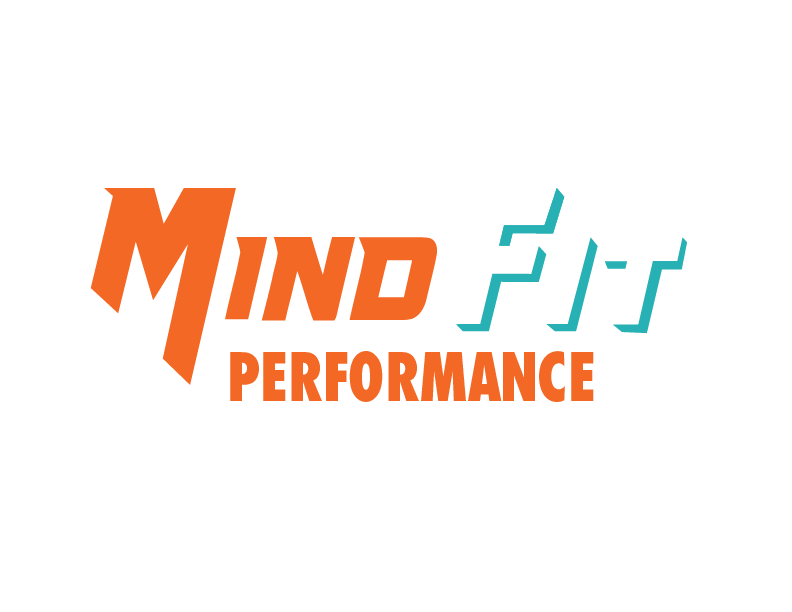What To Say On The Ride To The Game
In my experience working with youth athletes, the car ride to and from their game is often something they dread. On top of any self-inflicted nerves, anxiety, or pressure they are already feeling to perform a certain way, the topic of conversation initiated by the adult in the car tends to be about expectations, work ethic, and winning.
If you are the parent of a youth athlete, then you are most likely driving your child (and maybe even some of their teammates) to the game. In your mind, this may seem like a great time to talk to your youngster about strategy, tactics, and how they can contribute to the game, but oftentimes what they hear are the expectations you have of them and the pressure being placed on them to perform a certain way from your perspective.
There’s nothing wrong with wanting to talk to your kids about their games.
But there is a time and place, and as well as do’s and don'ts.
The first thing I suggest you do is to talk to your child about what they want during the ride to the game. As much as you may want to talk about the game, it’s important to consider what is best for your child at that time. Some youth may want to talk things out, as it helps them work through nerves and pressure. Others may not want to talk about the game at all, as it contributes to the nerves and pressure they are feeling. Once you’ve come up with a game plan for the ride, and everyone is on the same page, you can feel confident knowing you are supporting your child in the way they need it most in that moment.
Let’s look at some of the Do’s and Don’ts:
DO express love and support - no matter what happens
DO help your child focus on what they can control
DO let the coaches coach and referees ref
DO exhibit positivity - in what you say, in what you show, in what you do
DO help your child focus on strengths and what they do well
DO remind your child that you love to watch them play
DON’T express judgment or frustration about your child’s performance or the outcome of the game
DON’T coach from the sidelines
DON’T tell your child all the things they did wrong or could have done better (Spoiler alert, your child is probably already thinking heavily about this, and reinforcing it contributes to the negative thought loop)
DON’T add to the pressure your child already feels by focusing on outcome or stats.
I know it can be a lot to think about. Every kid is different, and your family game plan will likely evolve overtime as your child gets older. The key is to remember what your child needs in the moment and operate from that vantage point. Come up with a plan together, so they feel heard and get what they need on the way to the game.
If you’re having trouble, or are interested in learning more support strategies, I’d love to help you through it. Let’s connect to start working together towards building a plan for your child.
